This blog is from Farzana Ali, a contributor to The Women’s Eye and Bureau Chief for Aaj TV in Peshawar, Pakistan. The following is her editorial about the ‘honor’ killings that are escalating in her country.
Videographers and reporters Habiba Noseen and Hilke Schellman have given us permission to use the photos of the women’s shelter in Lahore, Pakistan. They were published at the Pulitzer Center on Crisis Reporting.
By Farzana Ali, March 29, 2012
More than 900 Pakistani women and girls were killed in the name of ‘honor’ in 2011 …Human Rights Commission of Pakistan Report, March /2012
During my usual work, I was editing my report, but all of a sudden I received a call from my Kohistan ( a district of Khyber Pukhtunkhwa in northwest Pakistan) correspondent informing me that a girl and her alleged lover were shot dead in a village in Palas Kohistan Tehsil.
However, he shared that no FIR (First Information Report) was registered in the police station by the families of either victim as tribal culture does not allow them to seek justice through the authorities. Rather, he said, they opt to take revenge on their own. This was the second incident of honor killing in the same week in the same area.
Twenty-five-year-old Kamalur Rehman, alias Kama, from the Jadoon Khel tribe, allegedly developed a romantic relationship with 21-year-old Bano Bibi from the Badar Sher tribe. According to a report in The Express Tribune, Bibi’s father, Habibur Rehman, a medical technician from the Kohistan Health Department, had fixed her marriage with a relative.
After learning of Bibi’s relationship with Kama, her father is reported to have shot and killed him. Later he went home and allegedly killed his daughter Bibi. He was on the run until last reports came in. According to police, no party has lodged an FIR so far. However the police have started their own investigation.
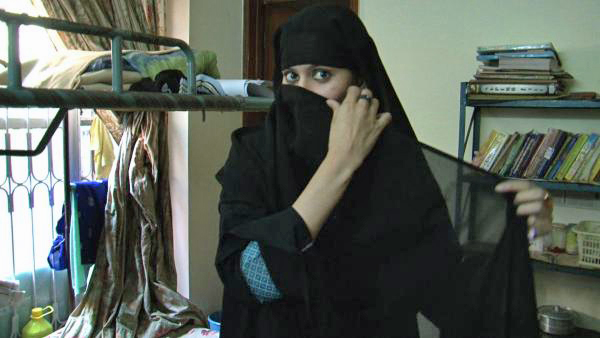
This was not a ‘new’ story for me but these types of stories always bring me back to my previous job when I was working as a magazine editor. There I wrote a feature on the honor killing of 29-year-old Saima Sarwar’s cold-blooded murder in April 1999.
This article aroused a great deal of publicity and outrage both at home and internationally. Before Saima’s case, it was believed that honor killings only occurred among rural or uneducated groups. Her mother was a doctor and father, a wealthy businessman.
Saima was the mother of two boys who lived with her parents for four years after leaving her husband. She fled to Lahore after her family threatened to kill her if she tried to divorce her husband. She was given shelter by Dastak, an organization run by the legal aid team headed by Hina Jilani and her sister Asma Jahangir, also a leading Pakistani human rights lawyer. Jilani was representing her in her divorce procedure.
She agreed to see her mother in the Dastak office but before the meeting began, she was shot there by her uncle and died instantly. After the terrible incident, Jilani went to court to prosecute the case. When the FIR was lodged, Saima’s uncle was prosecuted and fined, and the case was sent for trial.
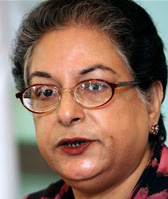
But even before the hearings could begin, Saima’s parents used the Qisas and Diyat Law where the victim or heir has the right to determine whether to exact retribution or compensation or to pardon the accused. Another option is to thrash out a compromise amongst the parties and escape prosecution.
After that brutal incident, certain sections of society and several religious organizations sided with Saima’s parents and accused Jilani and her sister of misleading women in Pakistan and contributing to the country’s bad image abroad.
Fatwas were issued against the sisters declaring them “kafirs” and instigating the “believers” to kill the two women. I was the first journalist who wrote a feature on that incident. After publishing that story, I was also strongly criticized by certain sections of society including my colleagues for writing against their traditions and cultural values.
I also remember the conversation in the Senate ( Upper House) when a senator tabled a resolution condemning the killing. In response to the resolution, the morals of Jilani and Jahangir were questioned: “We have fought for human rights and civil liberties all our lives but wonder what sort of human rights are being claimed by these girls in jeans.”
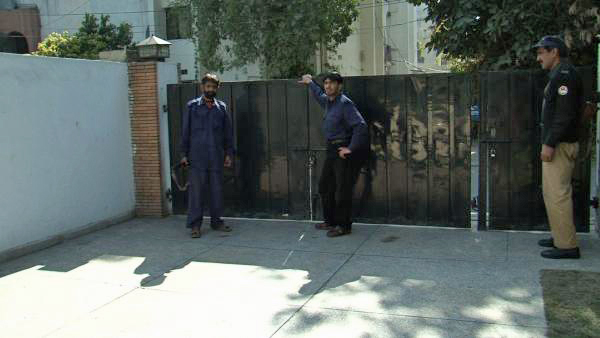
Out of 87 Senators, only four supported the resolution, and I believe Saima did not get justice because of the flaws in the laws. In 2004, the Criminal Law (Amendment)Act, otherwise known as the ‘Honor Killing Act,’ was put into force to criminalize all murders committed under the name of honor.
However justice is still not provided to Saima and others as many women are still being brutally murdered in the name of honor. Although the government has passed several bills to prosecute discriminatory practices, violence against women continues to rise with each passing day.
According to information in the recent annual report from the Human Rights Commission of Pakistan (HRCP), at least 943 Pakistani women and girls were callously murdered in the name of honor in 2011. Hundreds were killed by their fathers, husbands, or brothers for damaging their family name. There were 791 such killings in 2010.
Aurat Foundation, the women rights organization, launched a study in January on honor killings in Pakistan, which focused on legislation to counter the trend. Conducted by advocate Maleeha Zia, it showed that many cases featured in the media were not reported to police.
The study also said that if other cases were reported, they had not been classified as honor killing. The study claimed that the courts usually issued verdicts in favor of the killers by using the provision of ‘grave and sudden provocation.’ Zia added that responsible institutions lack the commitment to implement the law.
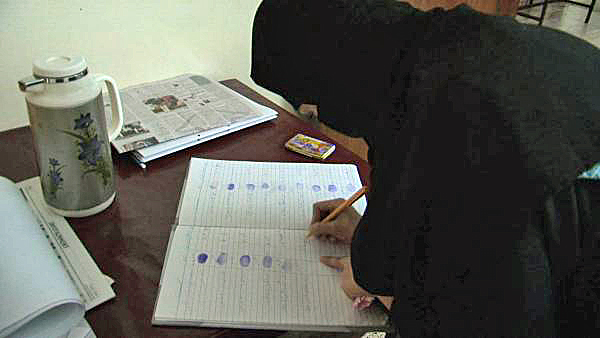
Many lawmakers have the opinion that major shortcomings in the ‘Honor Killing Act’ have rendered the law useless. It did not remove the option of Qisas and Diyat leaving one of the biggest loopholes in the law. It fails to provide protection to victims and punishment for the perpetrators and supporters of this heinous crime.
There are also many flaws in recording data. Another factor is that most of the honor crimes are committed by family members who are “unwilling” to lose another family member. Almost 77% of cases end in acquittal of the perpetrators. As a result, most of the cases end without justice.
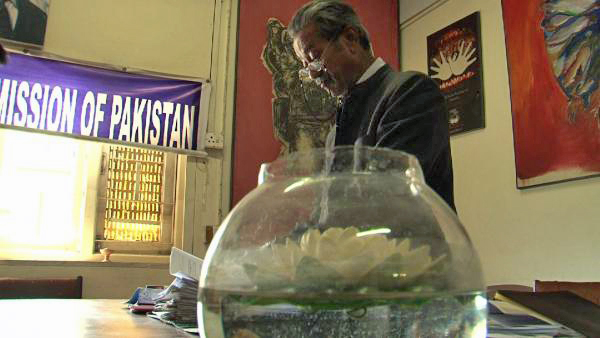
While writing this article, I received news from Nowshera, a District of Khyber Pukhtunkhwa, that a mother and her two children were killed. In this case, the cause of murder was that the woman defied her family by marrying a man of her choosing. After five years, her uncle allegedly took revenge and killed three innocent people.
Saima died and so have other women in the name of honor, but justice is still being denied to them through customary practices and discriminatory laws which should be repealed.
###
About the author:
Farzana Ali has just completed a documentary about the River Indus, which flows through Pakistan, and the life of the people who live along it. It calls attention to the devastation caused by the 2010 floods. She says the film tries to deepen the understanding and consciousness around such large scale destruction and to show the challenges of the rehabilitation process. It will be screened in Islamabad in early April.
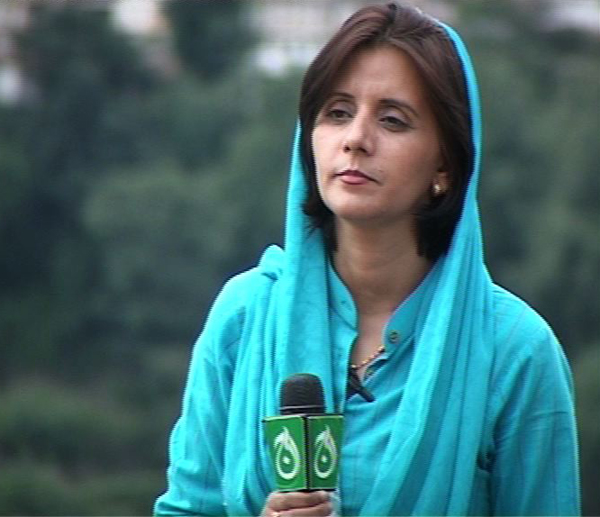



Leave a Reply